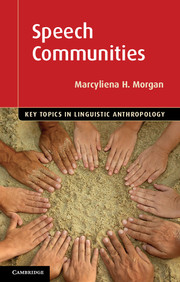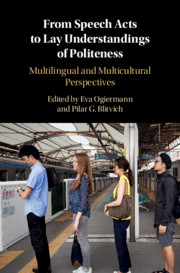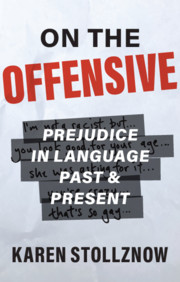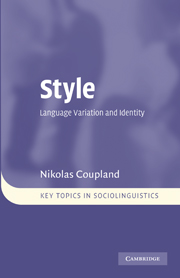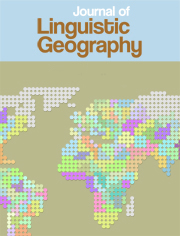Speech Communities
What makes a speech community? How do they evolve? How are speech communities identified? Speech communities are central to our understanding of how language and interactions occur in societies around the world and in this book readers will find an overview of the main concepts and critical arguments surrounding how language and communication styles distinguish and identify groups. Speech communities are not organized around linguistic facts but around people who want to share their opinions and identities; the language we use constructs, represents and embodies meaningful participation in society. This book focuses on a range of speech communities, including those that have developed from an increasing technological world where migration and global interactions are common. Essential reading for graduate students and researchers in linguistic anthropology, sociolinguistics and applied linguistics.
- Explores a variety of speech communities, including communities developed through technology
- Explores numerous instances of multicultural communities, addressing questions of dialect, cross-cultural communication, ideology and identity
- Provides insight into educational policy, language loyalty and identity among speech communities, which will benefit those working on language and literacy programs in institutional settings
Reviews & endorsements
'This is the book we were waiting for. An informed and innovative introduction that makes us appreciate speech communities as sites for socialization, contestation, and creativity. We come away with a much better understanding of the authority of standard languages, the creativity of marginalized speech styles, and the attraction of new forms of digital literacy. A great resource for teaching and thinking critically about the power of language as well as its limitations.' Alessandro Duranti, Distinguished Professor of Anthropology, University of California, Los Angeles
'Marcyliena Morgan has provided a lucid depiction of speech communities that are global in scope and mindful of the growing technological impact of social media and internet communication. This book will be of significance and interest to scholars in the social sciences, humanities, as well as education and communication studies. The foundations of the book are interdisciplinary and classical, while its conclusions are keenly insightful - if not visionary.' John Baugh, Margaret Bush Wilson Professor in Arts and Sciences, Washington University, St Louis, and Professor Emeritus of Education and Linguistics, Stanford University
'Morgan's book is a knowledgeable and informative introduction to speech communities, their formation, development, and organization, as well as a valuable analysis of the interaction between speech communities and the socio-political structures in which they are immersed.' Marco Tamburelli, Modern Language Review
Product details
February 2014Paperback
9781107678149
200 pages
215 × 137 × 11 mm
0.26kg
40 exercises
Available
Table of Contents
- 1. What are speech communities?
- 2. Representing speech communities
- 3. Constructing speech communities
- 4. The African-American speech community
- 5. Youth communities: the hip-hop nation
- 6. Voice and empowerment in gender and sexuality
- 7. Online speech communities
- 8. Language in and out of the classroom
- 9. Performance and play in speech communities
- 10. Power, ideology and prejudice.

